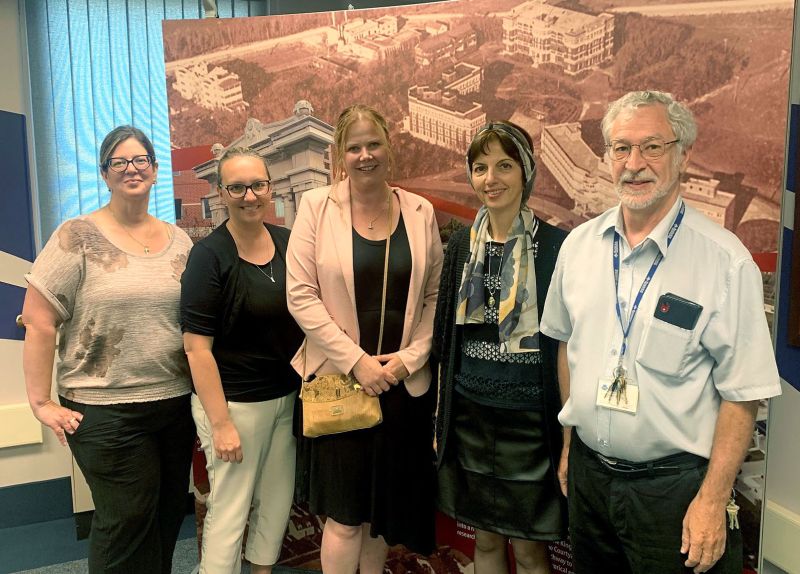Hope for Alzheimer’s Research at Riverview Health Centre
Research

Alzheimer’s disease is more than just memory loss – it affects every part of a person’s life, often bringing other health challenges like anxiety, depression, or vascular issues. Alzheimer’s research at Riverview Health Centre is progressing, with a dedicated team of researchers working to better understand these connections and find personalized treatments that can improve patients’ lives.
Finding the Right Treatment for Each Patient
Leading the Alzheimer’s research at Riverview Health Centre are Dr. Zahra Moussavi, and Professor Brian Lithgow, experts in the field of Alzheimer’s and dementia care. Their goal is to find the best treatment for each individual, using advanced tools to get a clearer picture of brain health.
One of their key discoveries is that Alzheimer’s treatments work differently depending on whether a person also has cerebrovascular disease (CVD). Those with CVD tend to respond better to transcranial alternating current stimulation (TACS), a gentle brain stimulation method that uses low-intensity electrical currents on the scalp to influence brain activity and aid cognitive function. Those without CVD may see more benefits from repetitive transcranial magnetic stimulation (rTMS), which is a non-invasive brain stimulation where magnetic pulses are used. Because Alzheimer’s changes over time, the team closely tracks each patient’s progress, adjusting treatments as needed.
A Place of Innovation and Support
Riverview isn’t just a research centre – it’s a place of support for patients and families. Caregivers can relax in comfortable lounges while their loved ones receive treatment and have access to education and resources to help them navigate the challenges of caregiving.
This groundbreaking work is made possible by CEO Kathleen Klaasen, the Foundation, and Board Members, whose support drives Alzheimer’s research forward.
Caregivers: A Vital Part of the Process
Family members play a crucial role in Alzheimer’s research. By completing questionnaires, they provide valuable insights that help refine treatment approaches. In fact, caregiver feedback led to a surprising discovery – some patients receiving treatment also experienced unexpected improvements in their ability to stand and maintain their balance. This finding was so significant that routine balance testing is now part of the research process.
A Vision for the Future
While Alzheimer’s remains a progressive disease, Riverview’s goal is clear: Slow its effects, help patients maintain their independence, and improve their quality of life for as long as possible. With ongoing research, personalized care, and strong community support, Riverview Health Centre is giving families something precious—hope.
You can support Zahra and Brian’s vital research by donating to their funds through the Riverview Health Centre Foundation.
